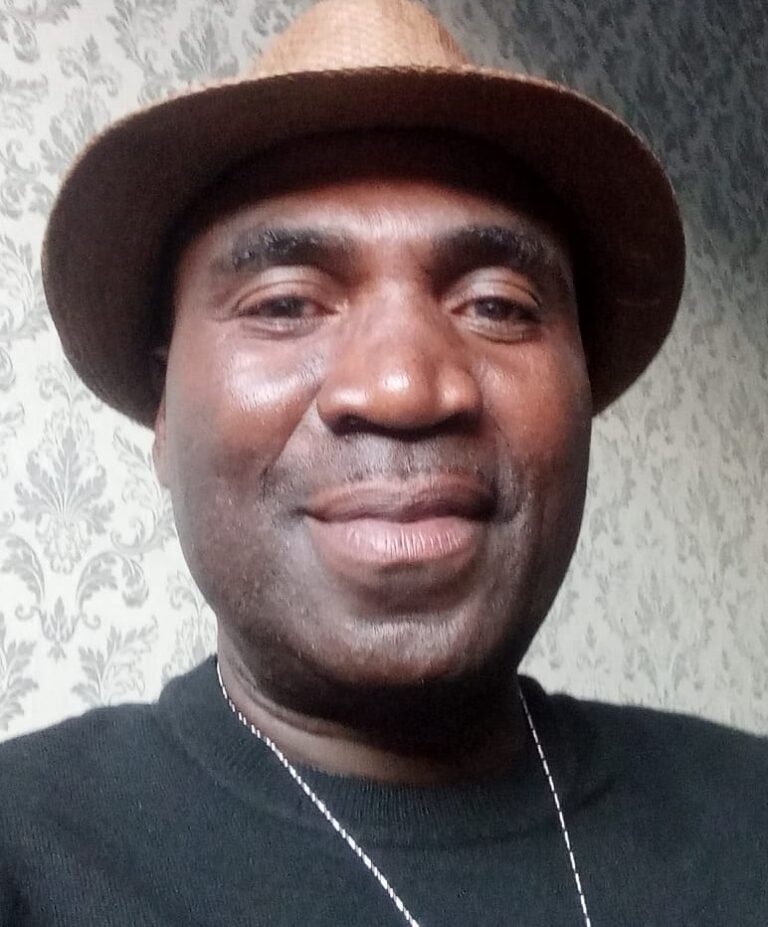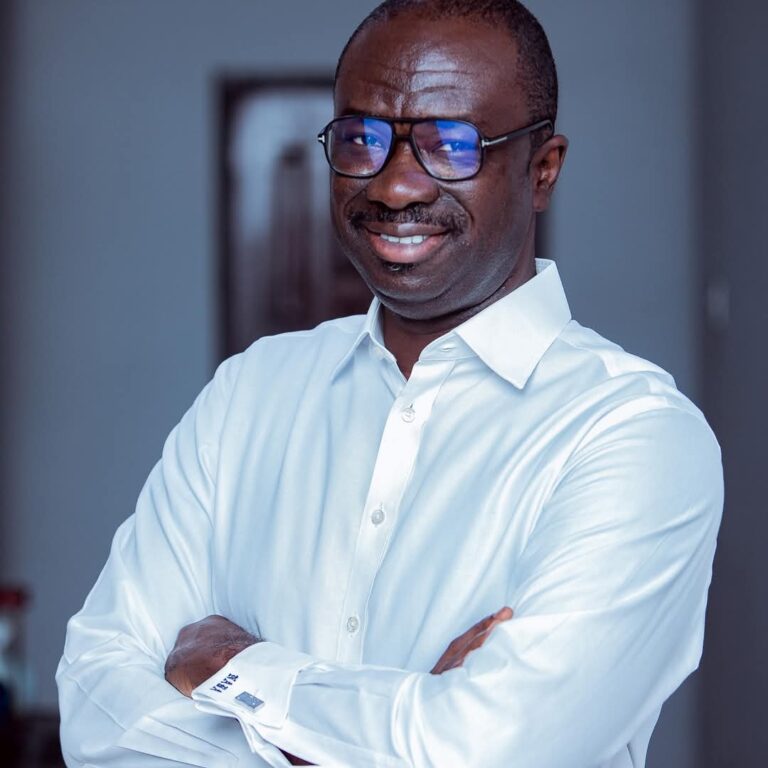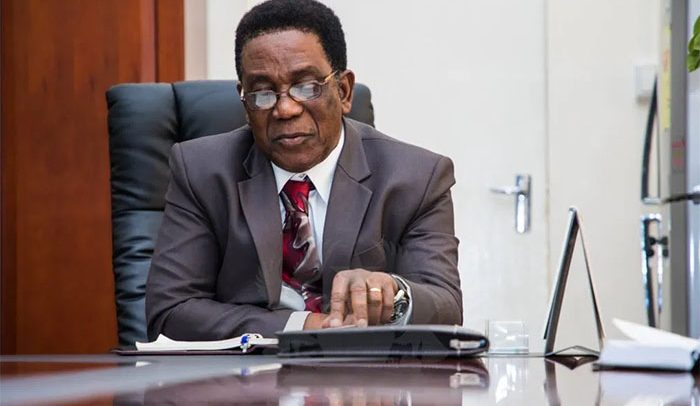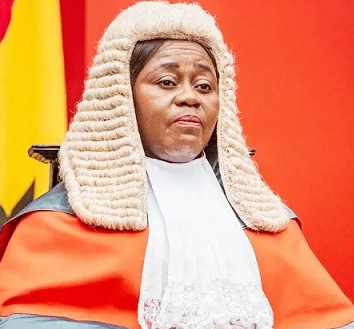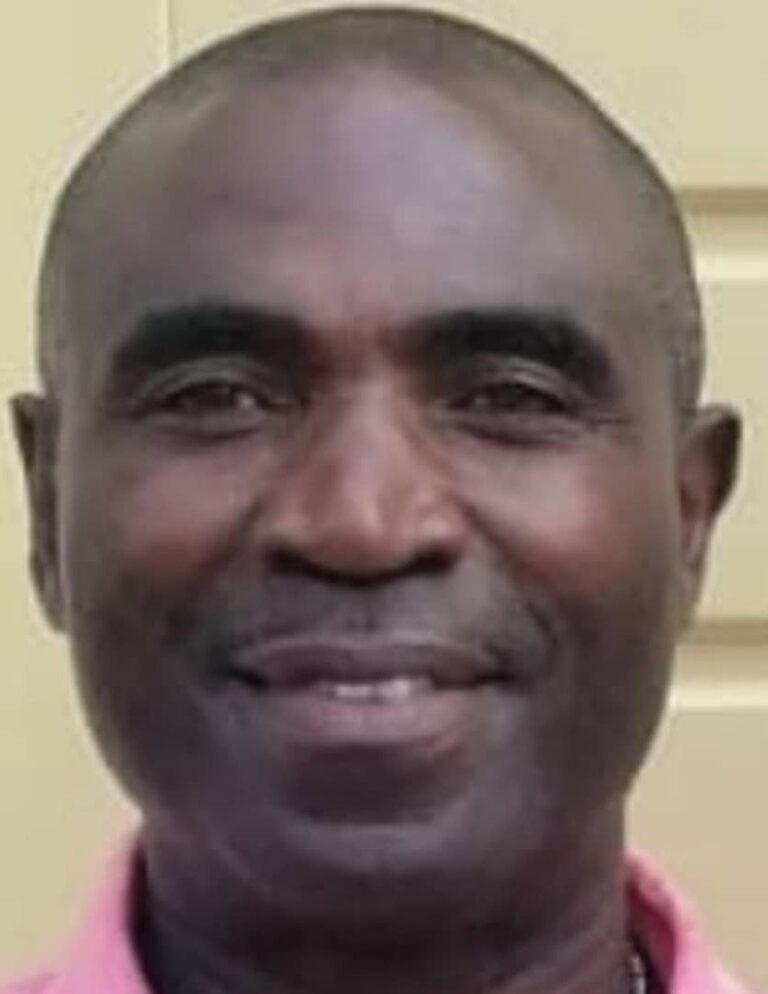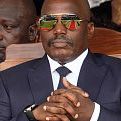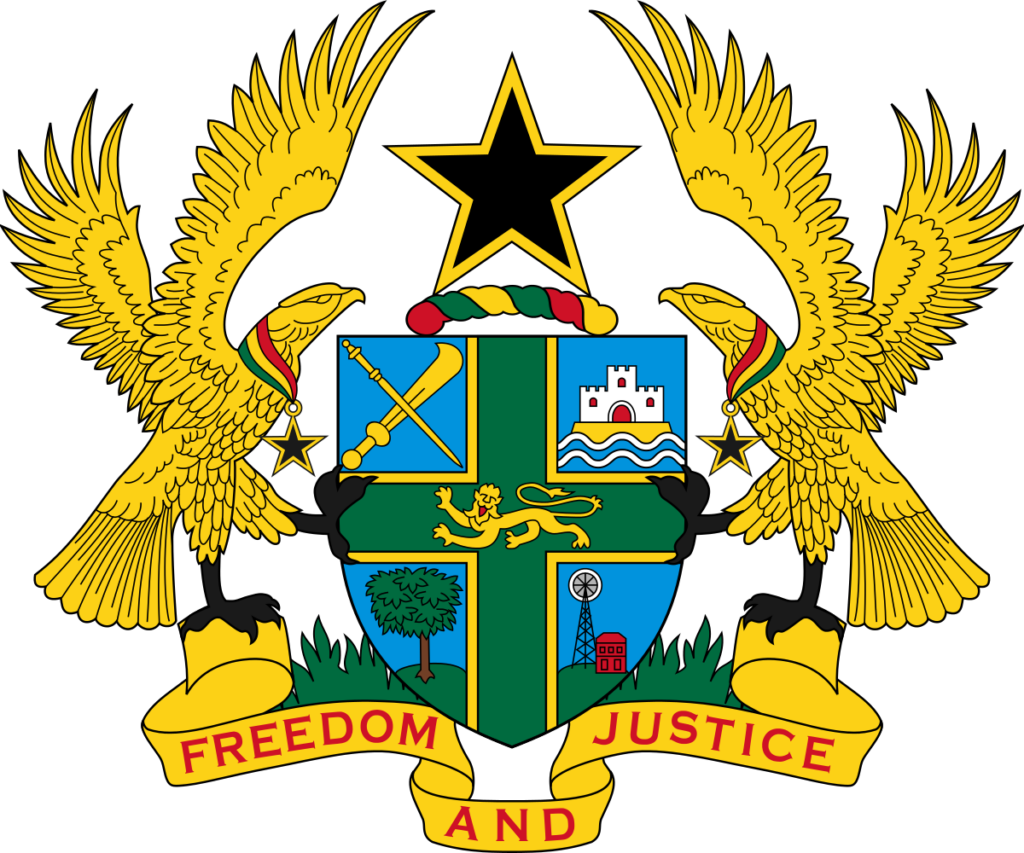
Ghanaians need a new breed of visionary, honest, dedicated and inspiring leaders.
Ghana is set to hold elections on December 7, 2024, to choose a president and 275 parliamentarians. As candidates campaign across the country, the issue of ‘CORRUPTION’ prominently stands out.
According to the Merriam-Webster Dictionary, CORRUPTION has the following meanings: a) dishonest or illegal behaviour especially by powerful people (such as government officials or police officers) b) inducement to wrong by improper or unlawful means (such as bribery) the corruption of government officials; c) a departure from the original or from what is pure – the corruption of a text, the corruption of computer files; d) the corruption of a carcass.
The United Nations (UN) defines corruption as a multifaceted social, political, and economic phenomenon that impacts all nations.
“It undermines democratic institutions, slows economic development and contributes to governmental instability. Corruption attacks the foundation of democratic institutions by distorting electoral processes, perverting the rule of law and creating bureaucratic quagmires whose only reason for existing is the soliciting of bribes. Economic development is stunted because foreign direct investment is discouraged and small businesses within the country often find it impossible to overcome the ‘start-up costs’ required because of corruption”, says the UN.
In Ghana, the word “corruption” carries a different meaning. It is used by the two main political parties, the National Democratic Congress (NDC) and the New Patriotic Party (NPP), to essentially mean “something the other party would do but is being done by us.” Each party tends to attribute corruption to the opposing side. According to the NDC, no member of their party is corrupt, and the same goes for the NPP – they believe none of their members are corrupt.
For example, if under Party A, road A would have been awarded at a cost of GHC 250 million but Party B (the opponent) awards the same road contract at GHC 200 million, Party B which had saved the country GHC 50 million is tagged ‘corrupt’. The tagging goes as far as during and after court judgements. If the case does not go a party’s way, the court was corrupted to give that judgment.
The average person knows that corruption cases are typically handled in the courts of law, however, the two major political parties often prefer to try these cases in the court of public opinion. This results in press conferences, press releases, and appearances on various media outlets to sway public perception on how the issue should be addressed. Even if an individual is prosecuted and convicted by a legitimate court, party members may view it as a form of persecution by the ruling party.
The situation worsens during election periods when parties spread disinformation and misinformation to gain political power.
During a radio interview, the Flagbearer of the Liberal Party of Ghana (LPG), Kofi Akpaloo, expressed bewilderment at the fact that politicians often resort to distorting facts instead of campaigning honestly to gain political advantage over their opponents.
“The governance we want is what one would add to existing structures but not the witches’ type of politics; pray for your opponent to fail and you come in. That is witchcraft. If you pray for your opponent to fail so that you have the chance to be elected, you have been in-filled with witchcraft”, Kofi Akpaloo said.
The LPG Flagbearer stressed that any politician worth his salt would pray that his opponent prospers but would explain to the people that he comes with alternative ideas to improve the situation more.
Political observers assert that for Ghana to overcome its current economic challenges, politicians must prioritize patriotism over selfishness in their conduct and dealings with the people they claim to serve.
“Ghanaians need new visionary, honest, dedicated, and inspiring leaders, not self-seeking and corrupt individuals who lie, steal, cheat, and manipulate their way to power”, the Observers say.
Story: Oppong Baah

